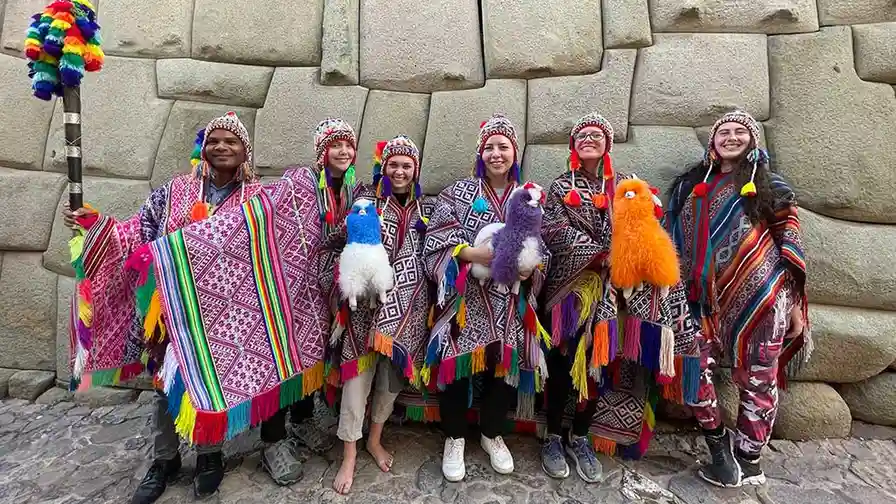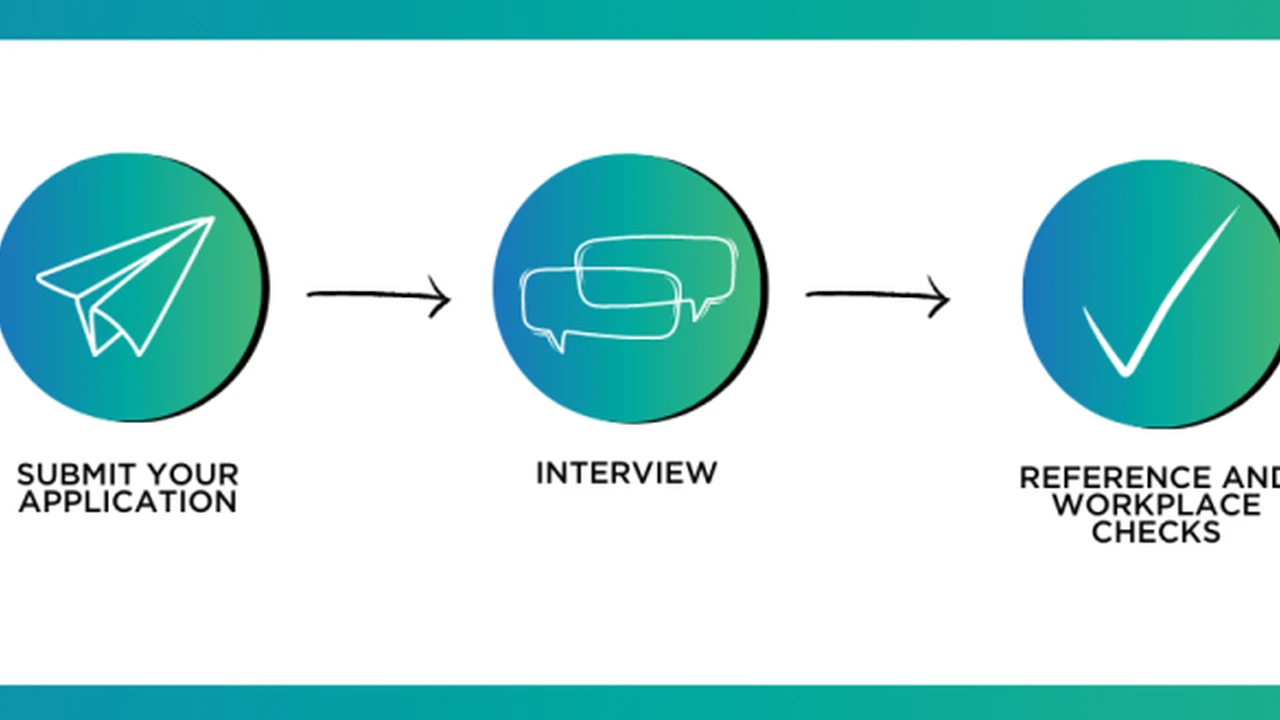Working Abroad During Your Gap Year
Learn how to save money on transportation during your gap year. Explore budget airlines, local buses, trains, and ride-sharing options. Travel smarter and stretch your travel budget further.

Budget Airlines for Gap Year Travelers
Okay, let's talk budget airlines. These guys are lifesavers when you're trying to stretch your dollar across continents. Think Ryanair in Europe (though maybe avoid them if you're precious about legroom!), AirAsia in Southeast Asia, and Spirit or Frontier in the US. The trick? Book way in advance and be flexible with your dates. Tuesdays and Wednesdays are generally cheaper. Also, read the fine print! They'll get you on baggage fees and seat selection if you're not careful. But seriously, a $50 flight from Bangkok to Kuala Lumpur? Yes, please!
Comparing Budget Airlines: Key Considerations
When choosing a budget airline, consider these factors:
- Baggage Allowance: Check the weight and size restrictions. Factor in the cost of adding baggage if needed.
- Airport Location: Some budget airlines fly into smaller, less convenient airports. Factor in transportation costs to your final destination.
- Onboard Amenities: Don't expect free meals or drinks. Bring your own snacks and entertainment.
- Cancellation and Change Fees: Understand the airline's policies regarding cancellations and changes. These fees can be hefty.
Local Buses: The Authentic (and Cheap) Experience
If you really want to immerse yourself in a culture and save a buck, local buses are the way to go. They're often crowded, sometimes bumpy, and almost always an adventure. Think chickens on board in some parts of the world! But you'll see things you'd never see from a tour bus, and you'll meet some amazing people. Plus, they're ridiculously cheap. A multi-hour bus ride in Southeast Asia might cost you less than a fancy coffee back home.
Tips for Riding Local Buses Safely and Comfortably
Here are some tips to make your local bus experience more enjoyable:
- Keep Your Valuables Secure: Be aware of your surroundings and keep your valuables close. Consider using a money belt.
- Learn Basic Phrases: Knowing a few basic phrases in the local language can be helpful for asking for directions or purchasing tickets.
- Bring Snacks and Water: Bus rides can be long, so pack snacks and water to stay hydrated and energized.
- Be Prepared for Delays: Bus schedules can be unpredictable, so be prepared for potential delays.
Trains: Scenic and Sustainable Travel
Trains are a fantastic option, especially in Europe and parts of Asia. They're often more comfortable than buses, and you get to see some amazing scenery. Interrail passes in Europe can be a great deal if you're planning on doing a lot of train travel. In Southeast Asia, trains are slower but offer a unique perspective on the landscape. Plus, train travel is generally more environmentally friendly than flying.
Choosing the Right Train Pass or Ticket
Consider these factors when choosing a train pass or ticket:
- Travel Duration: Calculate the number of travel days you'll need. Consider whether a fixed-day pass or a flexible pass is more suitable.
- Destinations: Plan your itinerary in advance to determine which routes are covered by the pass or ticket.
- Reservations: Some trains require reservations, especially high-speed trains. Book reservations in advance to avoid disappointment.
- Cost: Compare the cost of different passes and tickets to find the best value for your trip.
Ride-Sharing: Uber, Grab, and Local Alternatives
Ride-sharing apps like Uber and Grab are super convenient, especially in cities. They're often cheaper than taxis, and you can track your ride in real-time. In Southeast Asia, Grab is the dominant player. Just be aware of surge pricing during peak hours. And in some countries, there are local ride-sharing apps that might be even cheaper. Do a little research before you go.
Safety Tips for Using Ride-Sharing Services
Follow these safety tips when using ride-sharing services:
- Verify the Driver and Vehicle: Before getting in the car, verify that the driver's name, photo, and vehicle match the information in the app.
- Share Your Ride Details: Share your ride details with a friend or family member.
- Trust Your Instincts: If you feel uncomfortable with the driver or the situation, cancel the ride.
- Avoid Sharing Personal Information: Don't share personal information with the driver.
Specific Product Recommendations and Comparisons
Backpacks
Osprey Farpoint 40 (Around $160): This is a popular choice for gap year travelers because it's carry-on sized, durable, and comfortable. It also has a zip-away harness, so you can check it if you need to.
Deuter Aircontact Lite 65+10 (Around $220): If you need a bigger bag, this is a great option. It's designed for backpacking and has a comfortable suspension system. The +10 refers to the extra 10 liters you can add with an extendable top.
Comparison: The Osprey is better for shorter trips and avoids checked baggage fees. The Deuter is better for longer trips and carrying heavier loads.
Travel Adapters
Epicka Universal Travel Adapter (Around $30): This adapter works in most countries and has USB ports for charging your devices.
BESTEK Universal Travel Adapter (Around $40): This adapter also works in most countries and has a power converter, so you can use it with devices that require 220V.
Comparison: The Epicka is more compact and affordable. The BESTEK is more versatile because it can convert voltage.
Portable Power Banks
Anker PowerCore 10000 (Around $25): This power bank is small, lightweight, and can charge your phone several times.
RAVPower 26800mAh Portable Charger (Around $50): This power bank has a larger capacity and can charge multiple devices at once.
Comparison: The Anker is more portable and affordable. The RAVPower is better for longer trips and charging multiple devices.
Negotiating Prices in Southeast Asia Transportation
Okay, let's be real. In Southeast Asia, bargaining is part of the culture. Don't be afraid to haggle, especially for tuk-tuks, taxis (if they don't have meters), and souvenirs. Start with a lower offer than you're willing to pay, and be prepared to walk away. They'll often come down in price. But always be respectful and keep it friendly. A smile goes a long way!
Specific Scenarios and Negotiation Tactics
- Tuk-Tuk Rides: Before getting in, agree on a price. Start by offering half of what they initially ask.
- Taxi Rides: Insist on using the meter. If they refuse, negotiate a price beforehand.
- Souvenirs: Shop around and compare prices before making a purchase. Don't be afraid to walk away if you're not happy with the price.
Working Abroad to Fund Your Travels
Don't underestimate the power of working while you travel. Teaching English is a popular option, especially in Asia. You can also look for work in hostels, farms, or restaurants. Websites like Workaway and HelpX can connect you with opportunities. It's a great way to earn money, meet locals, and experience a different way of life.
Popular Work Abroad Opportunities
- Teaching English: Look for TEFL certification courses and teaching positions in schools or language centers.
- Hostel Work: Many hostels offer free accommodation and sometimes meals in exchange for working at the front desk or cleaning.
- Farm Work: WWOOF (World Wide Opportunities on Organic Farms) connects volunteers with organic farms around the world.
Fundraising for Your Gap Year Adventure
If you're short on cash, get creative with fundraising! Online crowdfunding platforms like GoFundMe can be a great way to raise money from friends and family. You can also organize events, sell crafts, or offer services like tutoring or pet-sitting. Every little bit helps!
Creative Fundraising Ideas
- Crowdfunding: Create a compelling story and share it on social media to raise funds from your network.
- Events: Organize a bake sale, car wash, or charity auction to raise money.
- Crafts: Sell handmade crafts at local markets or online.
Emergency Funds: Your Safety Net
Seriously, don't leave home without an emergency fund. Things happen. Flights get cancelled, you get sick, or your phone gets stolen. Having a stash of cash (or a credit card with a low interest rate) can save you from a lot of stress. Aim for at least a few hundred dollars, if not more.
Tips for Building an Emergency Fund
- Set a Goal: Determine how much money you want to save for your emergency fund.
- Automate Savings: Set up automatic transfers from your checking account to your savings account.
- Cut Expenses: Identify areas where you can cut back on spending and put the savings towards your emergency fund.
So there you have it! Loads of ways to save money and get around cheaply on your gap year. Now get out there and explore!
:max_bytes(150000):strip_icc()/277019-baked-pork-chops-with-cream-of-mushroom-soup-DDMFS-beauty-4x3-BG-7505-5762b731cf30447d9cbbbbbf387beafa.jpg)






